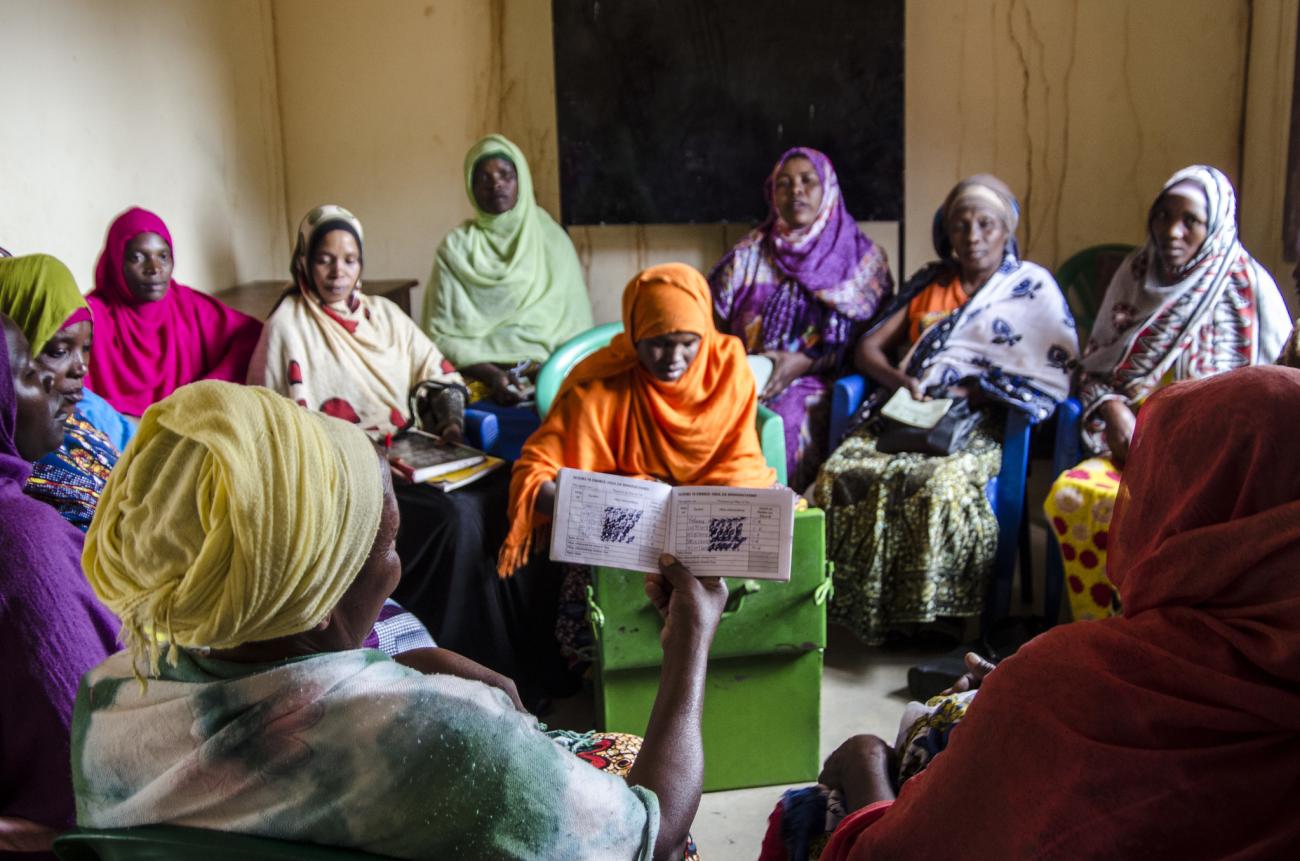The European Union (EU) and Japan funded Boresha Lishe project aims to improve access to and use of nutritious foods for 30,000 women and children.
The Japanese government has contributed US$1.5 million to the United Nations World Food Programme (WFP) to support the implementation of the four-year (2017-2021) Boresha Lishe nutrition project in rural areas of Central Tanzania.
The European Union (EU) and Japan funded Boresha Lishe project aims to improve access to and use of nutritious foods for 30,000 women and children through social behaviour change communication, provision of specialized nutritious foods in Bahi and Chamwino Districts in Dodoma Region and Ikungi and Singida Rural Districts in Singida Region.
The project works to improve knowledge on nutrition, dietary diversity and water, sanitation and hygiene practices (WASH). In addition, keeping small-scale livestock, planting diverse crops and mobilizing Village Community Banking Groups (VICOBA) are promoted, increasing access to capital as well as nutritious foods.
Supported by the contribution from the Government of Japan, WFP is supplying and installing solar power kiosks to 40 VICOBAs supported under the project. The kiosks contain rechargeable rental devices such as lanterns and are operated as a business, providing income opportunities for the VICOBA and community members.
For the supply and installation of solar power kiosks, WFP is working with a Japanese private company, leveraging its expertise accumulated through their business operations over the years.




